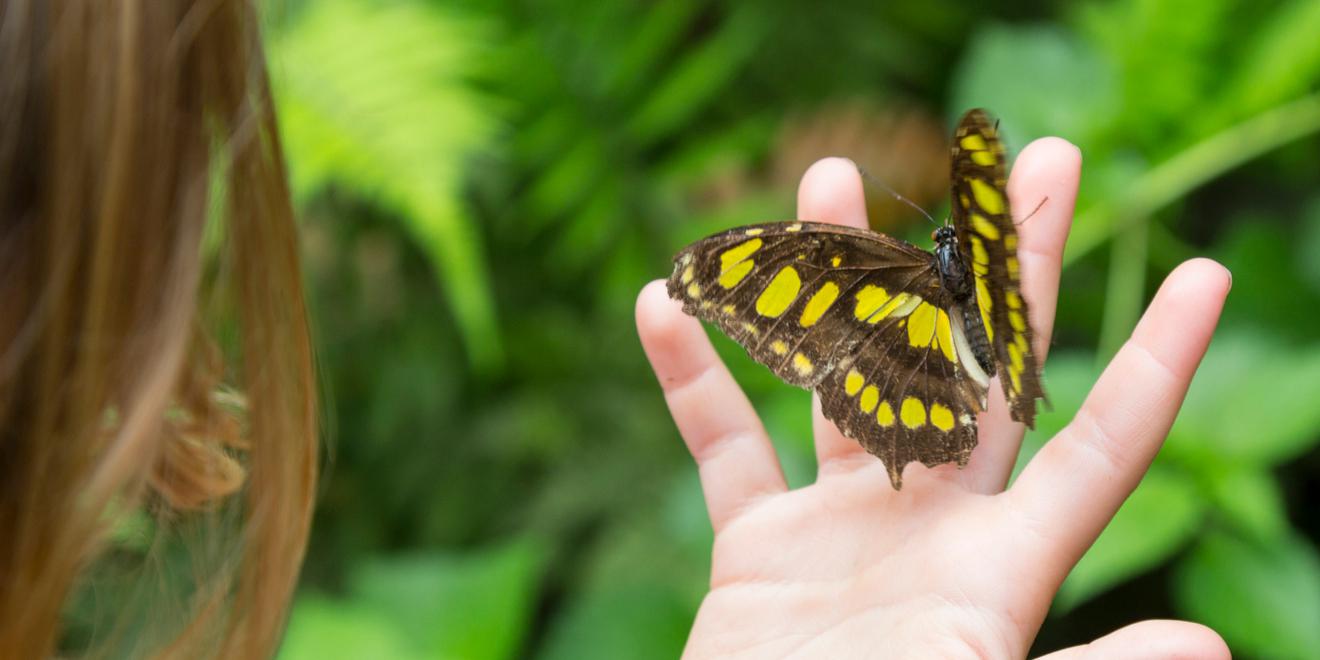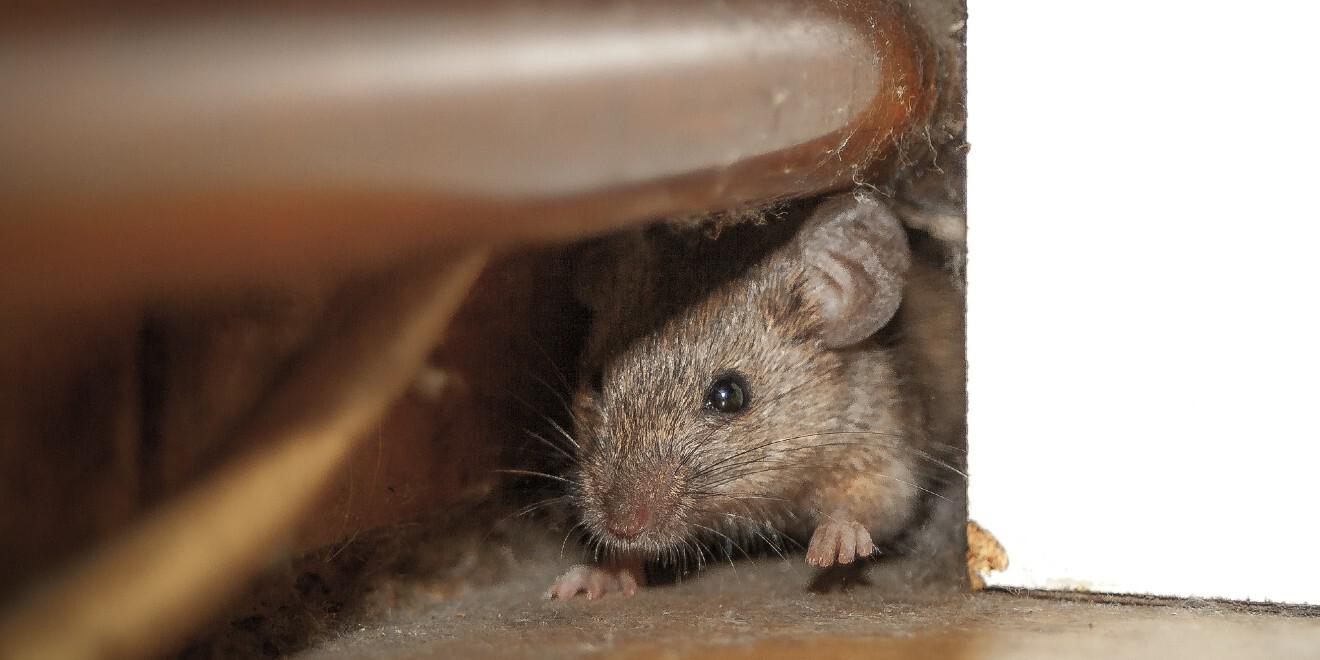The Blood Types Mosquitoes Find Most Appetizing
Posted by Mosquito Squad
January 27, 2015
Have you ever noticed that some people end up having more mosquito bites than others after an evening by the pool or enjoying an outdoor BBQ? Maybe you are the one with red welts all over your legs after a day outdoors while your friends have not an itch in sight. Well, it turns out there might be some science behind why mosquitoes are more attracted to some people rather than others. An estimated 20 percent of people are tastier than others, and blood type is the number one factor at play.
Type O Blood is Incredibly Delicious!
Considering mosquitoes feed on our blood and harvest the proteins, it’s not all that surprising that they prefer some blood over others. A study conducted by the Institute of Pest Control Technology found that mosquitoes illustrated a preference to those people with Type O blood over those of blood groups B, AB and A. They landed on the skin of Type O individuals nearly twice as often as Type A and much less for those with B and AB blood types.
In the same study, it was found that those who secrete a chemical signal through their skin which indicates which blood type they are, were more appealing than those of the control group that didn’t. It is estimated that about 85 percent of people have the secretor gene while 15 percent don’t secrete the chemicals through their skin.
Genetics Are Also A Factor
It’s not only blood that could make you a perfect victim for your local mosquito population. Your genes also come into play in regards to how much carbon dioxide you release, the substances you expel via your sweat, your skin bacteria, and your body’s temperature.
Mosquitos have an organ called a maxillary palp which can detect the carbon dioxide gas we exhale up to 164 feet away. The amount of carbon dioxide we emit when we breathe could be attracting the mosquitoes. More often than not, larger people exhale more of the gas which explains why obese and taller people are more likely to get bitten than children, those who are underweight or those who are vertically challenged.
People who sweat during exercise are more appealing to the blood-sucking parasites as at close range they can detect the lactic acid, uric acid, ammonia and other substances found in sweat. As you undertake strenuous exercise, you increase the build-up of lactic acid in your system and depending on the genetic makeup of some people the amount of uric acid and other substances naturally emitted may make you easily detected.
Your body temperature also plays a role as people with higher body temperatures are more appealing to the common mosquito. If you exercise regularly, this will also come into play coupled with your sweat as your body temperature rises. Pregnant women also might find themselves a key target as their body temperature increases during pregnancy, and more carbon dioxide is usually exhaled.
A study published in 2011 found that mosquitoes are attracted to those with particular types of bacteria on the skin at certain volumes. Those people having a large number of bacteria from few species were very appealing whereas those with a large number of bacteria from a diverse range of species were less desirable. It has been suggested that our ankles and feet have fewer bacteria colonies which might explain why mosquitos tend to feed off our blood in those areas of the body.
So What Does This All Mean to You?
Unfortunately, there is nothing you can do about your genetic makeup. If you are Type O, tall and exercise a lot, you might find yourself the perfect victim for your local mosquitoes. You can, however, continue to protecting yourself to help reduce your chances of being covered in red welts after enjoying the outdoors. So arm up with your mosquito repellent and long-sleeved clothing if you plan on spending much time outside during the mosquitoes most active times.















